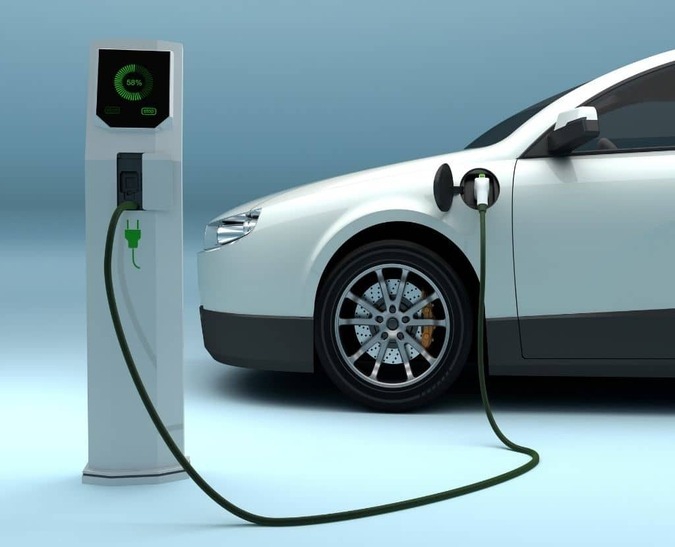
Uzbekistan is one of the targets of China's automotive expansion, and Western carmakers could be squeezed out of its market This could be one of the successes of the new Silk Road programme that will pave the way for Chinese goods around the world.
China's weight in the world's auto industry is growing fast, and one of the countries that could feel the change most is Uzbekistan in Central Asia.
BYD, one of the biggest players in the Chinese electric car industry, is planning to build factories in several parts of the world and is expected to soon export more cars to Asia and Europe than some Japanese manufacturers. One of its strategic markets is Uzbekistan, the first country in the world where it will produce electric cars in partnership with the local state car manufacturer.
Uzavtonanoat (UzAuto), owned by the Uzbek state, announced that the two companies will also produce the engines and batteries for the cars locally. With seventy subsidiaries and 27,000 employees, UzAuto is the largest automotive holding company in Central Asia. The expansion of local car production is part of the country's overall development strategy to strengthen its large-scale manufacturing industry. With 35 million inhabitants, Uzbekistan is the most populous country in the region. In line with this, it imports most of its cars from China. Accordingly, Chinese cars of all makes are a common sight on the streets of the capital, Tashkent.
In addition to BYD's plans, Chery wants to produce medium-sized trucks and minibuses in the country under the UzFoton brand. Oshan plans to assemble low-cost cars costing between $13,000 and $30,000 (HUF 4.6 million to 10.6 million). From Geely to Changan to Dongfeng, Chinese car makers are opening a succession of electric car showrooms in Uzbekistan. Local motorists choose Chinese electric cars because of their low cost, relatively long range and easy handling.
The Chinese automotive industry has chosen not to enter the competition with conventional cars, but to go straight for electric cars, a strategy that has given it an edge over the world's well-known car brands. It is also seeking to build close ties with emerging countries, especially those along the new Silk Road, the land transport route for Chinese goods.
Increasing motorisation is leading to rising air pollution in Uzbek cities. Internationally, Tashkent is the 10th worst city in the world in terms of dust pollution. In response, the authorities have abolished duties, excise duties and registration fees on imported electric cars in 2019. Only 15% VAT is levied on the import value of such cars.
In addition, the charging network is expanding rapidly. It is planned to have 2500 electric charging points in the country by 2025. Shopping centres, hotels, sports facilities and other entertainment establishments will be required to install chargers. And China, which has benefited from the spread of electric cars, can say that the new Silk Road has brought real progress in this area in the countries it crosses.
